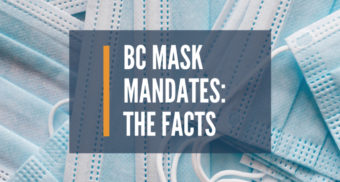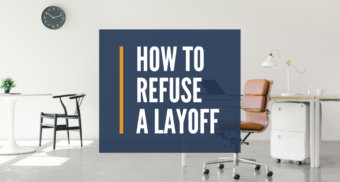Can my employer reward employees for getting a COVID-19 vaccination?

THE QUESTION
My employer is encouraging all staff to get the COVID-19 vaccination. They are offering all employees a day off work to get each of the two shots. I am allergic to vaccines and can’t benefit from my employers vaccine policy. In addition to that, they are offering a reward of $50 gift cards to workers who get the vaccine. Can the company do that?
THE ANSWER
More and more employers are offering perks to employees to encourage them to get vaccinated. A recent news story mentioned some who are offering free rides, beer and savings bonds to those who get vaccinated.
Offering a reward to employees to encourage vaccination and reduce hesitancy is a good idea. However, an employer who takes this approach may also want to consider those who cannot get the vaccine due to a medical condition.
It is possible to create a policy, such as this vaccine policy, which does not have a discriminatory intent but that ends up having a discriminatory impact. The Supreme Court of Canada addressed such a policy in a decision released in December 2020.
READ MORE
• Can my employer make me get a COVID-19 vaccination?
• Can I be fired for refusing to get a COVID-19 shot?
Fraser v. Canada (Attorney General)
In Fraser v. Canada (Attorney General), three former RCMP officers who are female sued the government for what they believe was a policy that reinforced negative stereotypes about women. All three had been working mothers who, upon returning from maternity leave, enrolled in a job-sharing program whereby two officers spilt the hours of one position. They did this to balance their job and childcare obligations. This program was available to all staff but was mainly used by women.
The issue was that officers in the job-sharing program did not earn pension credits at the same rate as full time officers, or even officers who were suspended or on leave. They alleged that this policy had a discriminatory effect on them.
The majority of the Supreme Court agreed. It found that the pension program had the impact of creating a distinction based on gender and denied the complainants of a benefit that had the effect of reinforcing or perpetuating disadvantage. The program did not seek to discriminate against women, but that was its effect.
Once the policy was shown to have a disproportionate impact on women, it was not necessary to examine why that was. It was enough to show that women were the ones who most often chose to work-share and that the pension’s policy on work-sharing affected them most of all.
Differential treatment of disabled employees
Similarly, if it can be shown that a vaccination program consistently excludes those who cannot be vaccinated for medical reasons, that in itself fosters ableism and the differential treatment of those with disabilities. Of course, there are people with disabilities who are able to have the vaccine. That said, the policy does not need to affect all members of the protected group equally. “Partial discrimination” is no more legal than discrimination that affects all members of the protected group.
Vaccination reward tips
This does not mean that having a policy where workers are rewarded for receiving the vaccine is illegal, to the contrary. Rather, employers should think of ways that they can ensure that those who cannot receive the vaccine for medical reasons are still allowed to enjoy the benefits of the policy. This may mean allowing them to also benefit from the time off or the opportunity to participate in a draw or other incentive. Furthermore, as they themselves cannot be vaccinated, these employees will benefit from working in an environment with a high level of vaccination as this reduces their chance of infection.
It is important to keep in mind the principles of diversity and inclusion when drafting policies at work. Not only does it ensure that you avoid inadvertently exposing your company to lawsuits, but it also fosters an environment where all feel equally valued and appreciated.
More questions about your employment rights during COVID-19? If we haven’t answered them here, email your question to Help@EmploymentLawyer.ca.




